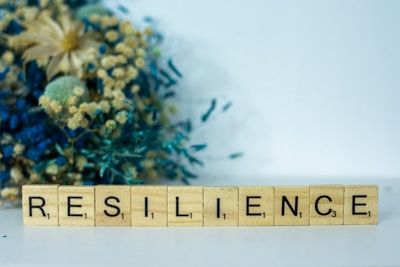For many Black professionals, the workplace represents a complex landscape filled with both opportunities for growth and significant challenges. In the pursuit of career advancement, we frequently find ourselves navigating a maze of microaggressions—those subtle, often unintentional comments or actions that convey prejudice or bias. These encounters can create an environment where our contributions are undervalued and our presence unwelcome.
Additionally, workplace cultures often lack inclusivity, failing to prioritize the well-being of diverse employees. The burden of code-switching—altering our speech, behavior, and even appearance to fit in—can lead to feelings of inauthenticity and emotional exhaustion. The stark underrepresentation of Black individuals in leadership roles further exacerbates this situation, as it limits mentorship opportunities and reinforces a sense of isolation.
Moreover, the relentless pressure to prove our worth can weigh heavily on our mental health, leading to stress, anxiety, and burnout. This ongoing struggle not only impacts our professional lives but also our personal well-being, ultimately challenging our resilience and sense of belonging in the workplace.And despite conversations about workplace wellness, we rarely address the unique stressors Black professionals face. That’s why prioritizing our mental health and resilience is not just self-care—it’s survival.
Additionally, workplace cultures often lack inclusivity, failing to prioritize the well-being of diverse employees. The burden of code-switching—altering our speech, behavior, and even appearance to fit in—can lead to feelings of inauthenticity and emotional exhaustion. The stark underrepresentation of Black individuals in leadership roles further exacerbates this situation, as it limits mentorship opportunities and reinforces a sense of isolation.
Moreover, the relentless pressure to prove our worth can weigh heavily on our mental health, leading to stress, anxiety, and burnout. This ongoing struggle not only impacts our professional lives but also our personal well-being, ultimately challenging our resilience and sense of belonging in the workplace.And despite conversations about workplace wellness, we rarely address the unique stressors Black professionals face. That’s why prioritizing our mental health and resilience is not just self-care—it’s survival.
Why Mental Health Matters in the Workplace

What is Resilience?
Key Strategies to Protect Your Mental Health at Work



